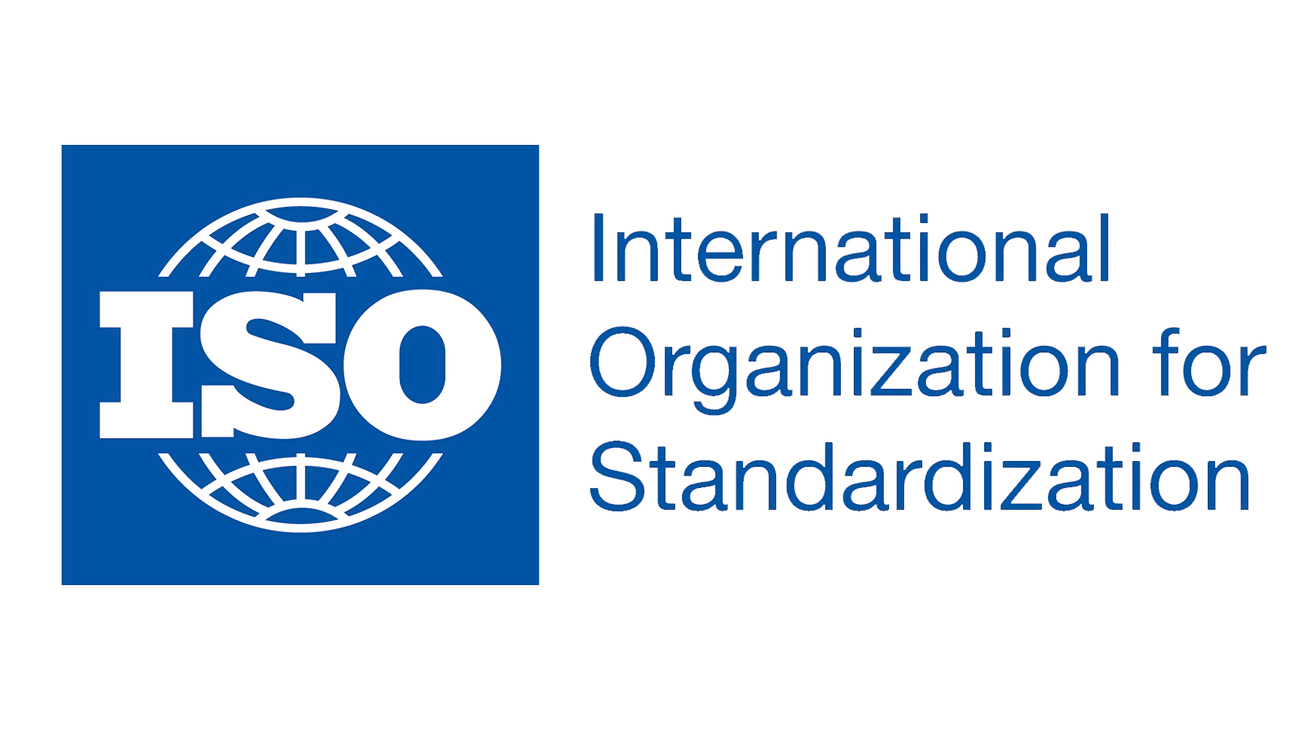Understanding ISO Standards and Regulations: A Comprehensive Guide
ISO, which stands for the International Organization for Standardization, is a globally renowned organization that specializes in developing and publishing international standards. These standards cover a wide range of topics and are implemented by organizations worldwide. The primary objective of ISO is to facilitate international trade by establishing requirements for quality and safety in products and services.
ISO standards are created through a collaborative process that involves experts from different countries working together to reach a consensus on best practices. These standards are not mandatory, but many organizations voluntarily comply with them to demonstrate their commitment to quality and gain a competitive advantage in the global market.
ISO standards encompass various aspects of business operations, including quality management, environmental management, information security, and social responsibility. They provide organizations with guidelines and requirements that can be used to develop their own policies and procedures. By adhering to ISO standards, organizations can improve efficiency, reduce waste, and enhance customer satisfaction.
Compliance with ISO standards allows organizations to demonstrate their dedication to meeting internationally recognized benchmarks and ensuring the delivery of high-quality products and services. It can lead to increased credibility, improved performance, and expanded access to global markets.
In summary, ISO is a globally respected organization that develops and publishes standards to facilitate international trade and establish quality and safety requirements. Adhering to ISO standards enables organizations to streamline their operations, enhance customer satisfaction, and gain a competitive edge in the global marketplace.
Understanding ISO Standards and Regulations
ISO (International Organization for Standardization) is an international organization that develops and publishes standards and regulations to ensure consistency and quality across various industries and sectors. These standards, known as ISO standards, are designed to facilitate international trade and promote interoperability between different systems.
ISO regulations cover a wide range of topics, including quality management, environmental management, occupational health and safety, information security, and many others. These regulations help organizations establish and maintain efficient and effective management systems, leading to improved performance and customer satisfaction.
ISO norms refer to the specific requirements and guidelines outlined in ISO standards. These norms provide organizations with a framework for implementing best practices and achieving compliance with the standards. By adhering to ISO norms, organizations can demonstrate their commitment to quality, safety, and environmental responsibility.
The International Organization for Standardization plays a vital role in promoting international standardization. It brings together experts from different countries to develop consensus-based standards and regulations that are recognized and accepted globally. Through its work, ISO helps to remove technical barriers to trade and enhance the compatibility and interoperability of products and services.
In conclusion, understanding ISO standards and regulations is crucial for organizations operating on an international scale. Compliance with ISO norms allows organizations to demonstrate their commitment to quality, safety, and environmental responsibility while gaining a competitive edge in the global market.
Understanding ISO Standards and Regulations: A Guide to International Organization for Standardization (ISO) and ISO Norms
ISO, the International Organization for Standardization, is a renowned international organization that develops and publishes standards for various industries and sectors. As a non-governmental organization, ISO works towards establishing internationally recognized norms and guidelines to promote quality, safety, and efficiency across different fields.
ISO regulations consist of a set of rules and guidelines that have been established by the International Organization for Standardization. These regulations serve the purpose of ensuring that products, services, and processes meet specific standards of quality and safety. They provide organizations with a framework to implement best practices and enhance their operations.
ISO norms refer to the specific standards and guidelines set by the International Organization for Standardization. These norms cover a wide range of topics, including quality management, environmental management, information security, and social responsibility. Their purpose is to assist organizations in achieving consistency, reliability, and efficiency in their operations.
The International Organization for Standardization (ISO) plays a crucial role in facilitating international trade and fostering collaboration between countries. By establishing common norms and standards, ISO helps eliminate technical barriers to trade and ensures that products and services meet consistent and high-quality standards. It also promotes sustainability and responsible management practices to enhance safety and reduce environmental impact.
In summary, ISO standards and regulations are vital for organizations and industries to effectively and efficiently operate on a global scale. They provide a solid foundation for quality, safety, and environmental management, fostering trust and confidence among consumers, businesses, and governments worldwide.
Importance of ISO Norms
The International Organization for Standardization (ISO) is an international organization that develops and publishes international standards for various industries and sectors. ISO norms are important because they ensure that products, services, and processes meet certain quality, safety, and environmental requirements.
ISO norms provide a common language and framework for organizations to communicate and collaborate with each other, both within their own countries and on an international level. These norms help to streamline processes and improve efficiency, reducing costs and increasing customer satisfaction.
International Organization for Standardization
The International Organization for Standardization (ISO) is an independent, non-governmental organization that brings together experts from various industries and sectors to develop and publish international standards. These standards cover a wide range of topics, including quality management, environmental management, information security, and more.
The ISO works to promote global trade by providing a common set of standards that companies can use to demonstrate their compliance with international regulations. This helps to create a level playing field for businesses around the world and ensures that products and services meet the same high standards regardless of where they are produced or sold.
ISO Norms and Regulations
ISO norms and regulations are developed through a consensus-based process, with input from experts, stakeholders, and industry representatives. These norms are then published and made available for organizations to adopt and implement within their own operations.
ISO norms and regulations help to ensure that products and services are safe, reliable, and of high quality. They provide guidelines and best practices that organizations can follow to improve their operations and meet customer expectations. Compliance with ISO norms can also be a requirement for certain industries or sectors, as they may be mandated by local or international regulations.
ISO Regulations and Compliance
The International Organization for Standardization (ISO) is an international organization that develops and publishes standards to promote standardization and ensure compliance in various industries and sectors. ISO norms provide guidelines and requirements for companies to follow in order to meet certain quality, safety, and environmental standards.
ISO Norms
ISO norms are a set of guidelines and requirements that define best practices and standards for various aspects of business operations. These norms cover a wide range of areas, including quality management, environmental management, occupational health and safety, information security, and social responsibility.
ISO Regulations
ISO regulations are enforceable requirements that must be met by organizations in order to achieve compliance with ISO standards. These regulations ensure that organizations follow the guidelines and requirements set forth by ISO norms, and help to establish a level playing field for businesses operating in a global marketplace.
International Organization for Standardization
The International Organization for Standardization (ISO) is an independent, non-governmental organization that brings together experts from around the world to develop and publish international standards. ISO standards are recognized globally and are used by organizations in over 160 countries. The organization plays a crucial role in promoting international trade, facilitating global cooperation, and ensuring the quality and safety of products and services.
Benefits of Adopting ISO Standards
Adopting ISO standards brings numerous benefits to organizations, regardless of their size or industry. ISO, or the International Organization for Standardization, is a worldwide federation of national standards bodies that develops and publishes international standards.
By adhering to ISO standards, organizations can ensure that their products and services meet the highest quality and safety requirements. ISO standards provide a framework for consistent and efficient processes, which leads to increased productivity, reduced waste, and improved customer satisfaction.
ISO standards also help organizations enhance their competitiveness in the global market. Compliance with ISO regulations demonstrates a commitment to good governance, risk management, and sustainability, which can attract new customers, partners, and investors.
International Organization for Standardization (ISO)
The International Organization for Standardization (ISO) is an independent, non-governmental international organization that consists of representatives from national standards bodies. ISO develops and publishes international standards that cover a wide range of industries and sectors.
ISO standards are voluntary, but many organizations choose to adopt them to gain a competitive advantage and ensure compliance with industry best practices. ISO provides a platform for collaboration and knowledge sharing among its members, facilitating the development of globally recognized standards.
ISO standards are continuously reviewed and updated to keep up with technological advancements, market trends, and regulatory changes. This ensures that ISO standards remain relevant and effective in addressing the evolving needs of organizations worldwide.
ISO Regulations and Norms
ISO regulations and norms provide organizations with guidelines and requirements to achieve specific objectives. ISO norms are designed to ensure product quality, safety, and environmental responsibility, while ISO regulations focus on management systems, processes, and compliance.
ISO regulations and norms cover various aspects of business operations, such as quality management, environmental management, information security, occupational health and safety, and social responsibility. By implementing ISO regulations and norms, organizations can improve their management practices, reduce risks, and demonstrate their commitment to excellence.
ISO regulations and norms are applicable to organizations of all sizes and sectors. They provide a common language and framework for organizations to benchmark their performance, collaborate with stakeholders, and achieve continuous improvement.

